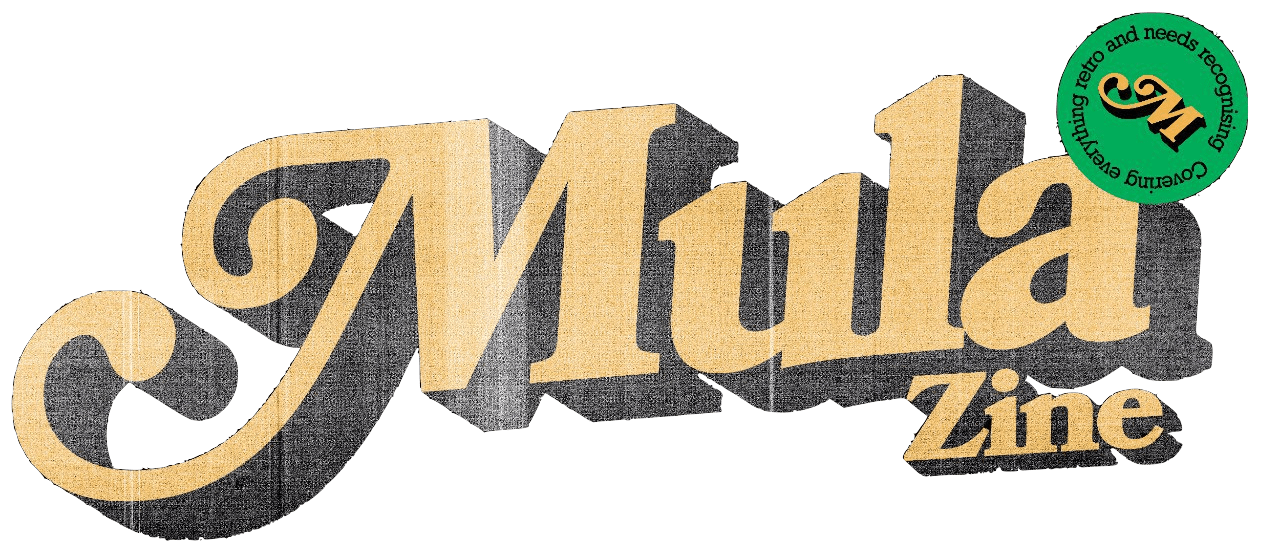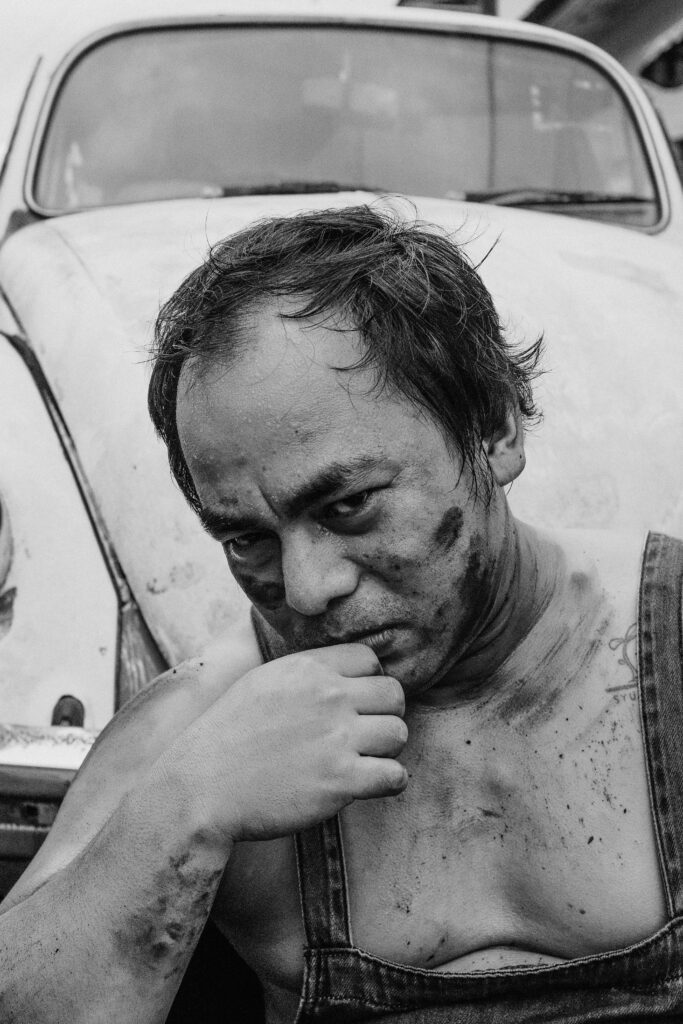In the whimsical world of John Hafiz, a tale unfolds, brimming with the kind of quirks and introspections that make life a fascinating journey. John, the protagonist of our story, is not just a character but an enigma wrapped in a riddle. He’s a man whose stories bubble up from a deep well of creativity, yet, he found his spoken words often tangled in a web of inarticulacy. His epiphany? To weave his narratives through the magic of writing and the allure of films.
Our tale begins with John, a writer turned editor, who found himself enamored by the cinematic universe. He perceived editing as a stepping stone, a means to imbue his storytelling with a fresh perspective. And indeed, it did. Editing wasn’t just a job; it became a love affair with filmmaking, turning into his personal ‘playground’. With a blend of his literary roots and newfound editing prowess, John embarked on a quest to craft stories with a richer, more nuanced texture.
But, oh, the soul-searching involved! Editing others’ works sometimes left John grappling with creative dissatisfaction, stirring curiosity about how films might turn out under his stewardship. This introspection wasn’t a fleeting moment but a prolonged journey of seeking a story worthy of the audience’s time, a narrative he could confidently call his own. Amidst self-doubt and existential pondering, John persisted, propelled by the fear of a future marred by creative inaction.
On gloomier days, John’s remedy was simple yet profound. A solitary walk or jog, often accompanied by the therapeutic company of music, became his ritual to unravel the knots of his mind. These solitary moments weren’t just about physical movement but a journey within, dissecting the roots of his creative blocks.
John believes the most valuable resources in filmmaking are empathy and personal journeys. To him, these are the cornerstones of authentic storytelling, providing a unique voice amidst the cacophony of narratives.
His recent project, ‘SATU’, is a testament to this belief. It’s a playground where John’s whimsy and experience coalesce, creating a film that’s both a complete story and a source of entertainment. In a world where movies often test the audience’s patience with their gravity, ‘SATU’ stands out as a warm-hearted, coming-of-age story that doesn’t require unraveling.
‘SATU’ was born from a simple yet profound question, exploring its answer honestly and simply. It’s a film that dares to envision a world where we live true to our most provoking questions and their answers. For John, clarity in communication is key, and ‘SATU’ is his attempt at distilling complex ideas into accessible narratives.
When it comes to understanding his work, John prefers to let the audience draw their conclusions, rather than preaching through his creations. He believes in sparking curiosity, and encouraging viewers to explore answers on their own.
John’s view on filmmaking is refreshingly realistic. He acknowledges the imperfections inherent in the creative process, understanding that from the inception of an idea to its final execution, a myriad of unforeseen challenges can arise. With ‘SATU’, he aimed to create the best possible outcome with the resources and knowledge at his disposal, ready to move on to his next creative venture.
Environment and circumstances, according to John, play a crucial role in the creative process. He recognizes the need to stay attuned to the changing world around him, understanding that what may have been a relevant story years ago might not hold the same significance today.
Reflecting on his journey from a teenager to a professional in the film industry, John admits he was never a hardcore film enthusiast. His appreciation for films grew as he delved deeper into the art of editing, learning to appreciate cinema in a more nuanced way.
John is a firm believer in sharing his creative process. For him, sharing works is not just about seeking validation but a means to refine and own his ideas. It’s a crucial step in transforming a fleeting thought into a tangible, improved concept.
Finally, if John could send a message to his 2009 self, it would be a cautionary yet humorous reminder: “Don’t send that pic.”

